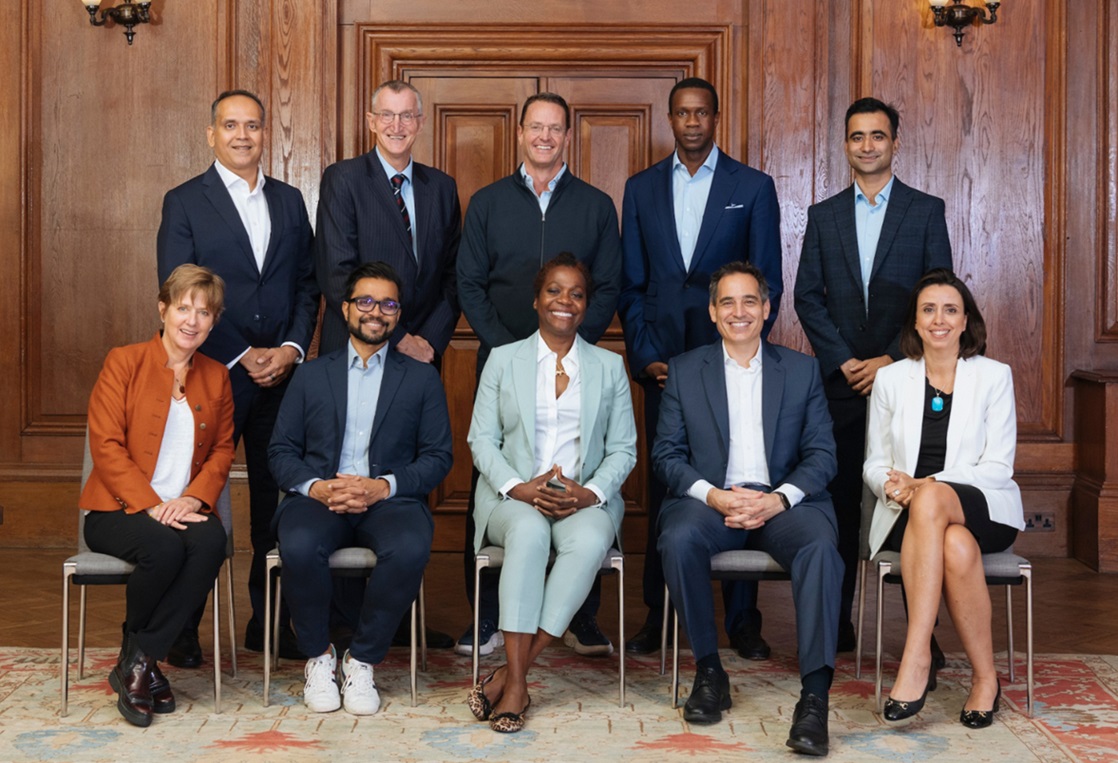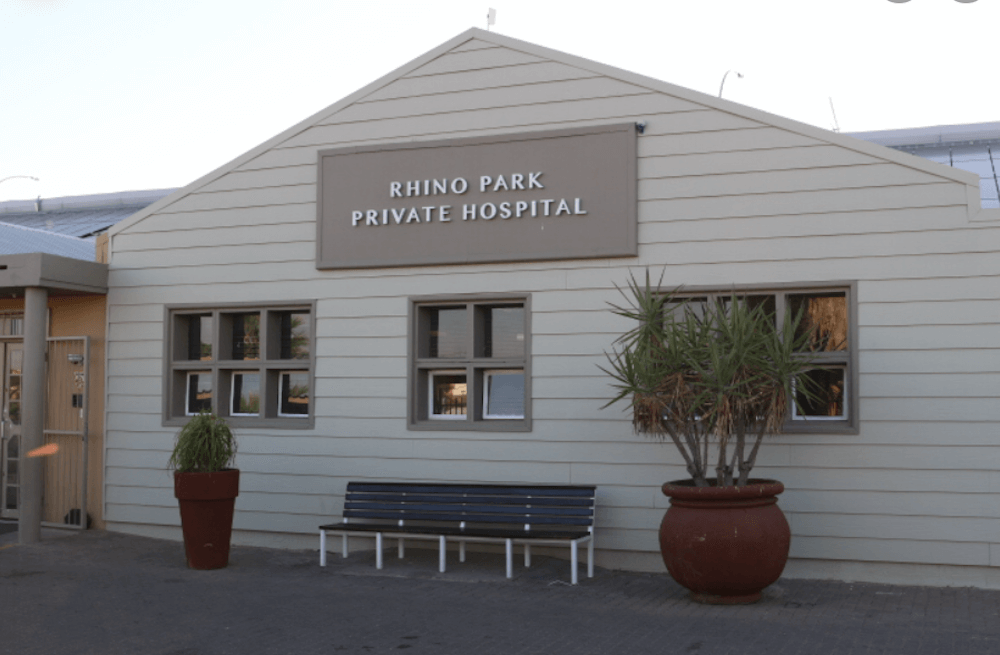Investing in women’s health not only improves the lives of women, it also has an outsized impact on economic growth.
“It’s not a women’s issue. It’s an economic issue,” Olivia Walton, founder and CEO of Ingeborg Investment, a venture-style fund that invests in female founders and fund managers, said at a session on women’s health at the recent Milken Institute 2024 Global Conference.
“The single best thing we can do for our families, for our societies, and for our economy is to make sure that women are healthy and financially secure.”
So why isn’t everyone investing in women’s health?
Women make up half the population and workforce, yet funding for their healthcare lags, and conditions that afflict them are often misunderstood and undertreated. Inadequate treatment of conditions such as endometriosis or menopausal symptoms can affect a woman’s daily life and her career. Limited access to routine gynecological cancer screenings and family planning can have severe impacts on a woman’s long-term health and derail financial planning goals.
Research indicates that women spend about 25% more time than men in poor health and disability—an average of nine years over a woman’s lifetime, and most of it during their “working years.” Addressing this issue could result in economic improvement to the tune of $1 trillion a year, according to McKinsey.
The Supreme Court’s decision to overturn Roe. v. Wade, which has crimped access to reproductive care for millions of women, has only made the situation more urgent. The increased politicization of reproductive health care may force women to make unthinkable decisions about their lives. One in five women must cross state lines to get abortion care, and 20 million women now live in counties that are “contraceptive deserts.”
Financing women’s health
Over the past year, the Milken Institute’s Financial Innovations Lab® convened more than 70 experts from health care, finance, corporations, government, philanthropy, policy, advocacy, and academia to explore solutions.
A resulting report, A National Network to Advance Innovative Financing for Women’s Reproductive Health, outlines financial interventions across the women’s reproductive life cycle from menstruation to menopause, and from research and development to products, services, and care models. The consensus: significant capital is needed to close the women’s health gap to provide sustainable, scalable care.
The US women’s health market was estimated at $15.5 billion in 2022 and is expected to grow through 2030, according to Grand View Research. Given the unmet health needs of women, the market expects deals and capital to continue to accelerate to improve research, products, and services as the sector grows. Yet less than 2% of philanthropic giving in the US goes to women and girls.
In addition, despite a burgeoning “femtech” sector, companies founded by women attract just 2% of venture funding allocated for the entire healthcare industry.
Government and philanthropic organizations have started to pitch in, but there are still large funding gaps. The White House Initiative on Women’s Health Research, launched in 2023, recently announced a $100 million ARPA-H Sprint to begin funding research and innovation. Philanthropist Melinda French Gates pledged $1 billion over the next two years to women and families, including reproductive rights in the US.
It is now time for the private sector to step in and scale education, collaboration, and financing.
Catalyzing capital
To tackle the challenge, the Milken Institute and its partners are launching the Financing to Advance Innovation on Reproductive Women’s Health Network, or FAIR Women’s Health Network.
The FAIR Network is a national women’s reproductive health collaborative accelerator model that matches funders with entrepreneurs. Its central hub is a digitally connected focal governing point, supported by physical regional hubs tailored to individual community needs.
Similar to incubator and accelerator programs such as Johnson & Johnson’s JLabs, the FAIR network will facilitate the scaling of early-stage innovation and investment connectivity through access to a powerful stakeholder network spanning the public and private sectors to ensure a well-balanced representation and skill set.
It will also provide knowledge sharing through a repository of R&D, peer-to-peer exchanges, workshops and mentorship programs.
A financing playbook will outline forms of public and private capital to help organizations identify suitable donors or investors. Regional hubs will facilitate shared lab spaces of participating universities or corporations to collaborate and coordinate on R&D activities.
To provide proper care for women in the communities where they live, a growing number of innovative companies, telemedicine platforms servicing Medicaid and uninsured populations, and community-centric initiatives have been established but require capital to scale operations. Many of these companies are startups, faced with the heavy lifting of research, market building and product education. In turn, investors are often left with questions on how to vet these potential opportunities, especially when many companies lack a clear track record.
A blended financing model encourages a mix of different types of capital and required returns. That includes concessionary funding that is willing to take a lower return; support the development of sustainable business models that enable equitable access to the products when they reach the market; and market-rate investment from traditional funders like banks and private-equity firms. Participants recommended an LLC as a simple and flexible structure.
One example: The Partnership of New York City, a $130 million impact fund that mobilizes private sector resources and expertise to advance NYC’s economy, provides flexibility in the types of financing (e.g., debt or equity) to support researchers, entrepreneurs, and innovators who struggle with less access to traditional funding.
Safeguarding reproductive rights
A novel business interruption “insurance” model will provide a financial guarantee or payout to combat investor apprehension and mitigate operational disruptions due to legislative changes or a triggering event that could cease or suspend services. It will also help safeguard reproductive health services from the constantly shifting policy landscape.
Existing models to build upon include the World Bank’s Multilateral Insurance Guarantee Agency, which provides political risk insurance, and the private insurance company Swiss Re’s fixed sum payment to businesses when typhoon warnings breach a threshold, causing operations to close.
While the lack of innovation in new women’s health treatments is exacerbated by centuries-old laws, there is a clear path to economic advancement. The FAIR network aims to be a one-stop shop, coalescing all stakeholders to address challenging market conditions. This sector is ripe for investment but needs more collaboration and partnerships to drive scalable, sustainable solutions.
This kind of collaboration could help close the gender equity gap, foster healthier communities, boost economic productivity, and catalyze funding for women’s health.
Ashley Campany is a senior associate on the Innovative Finance team at the Milken Institute.












